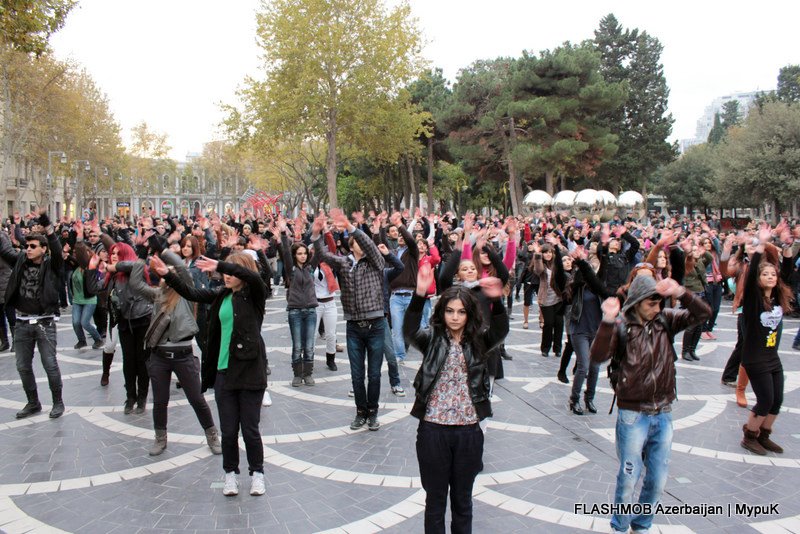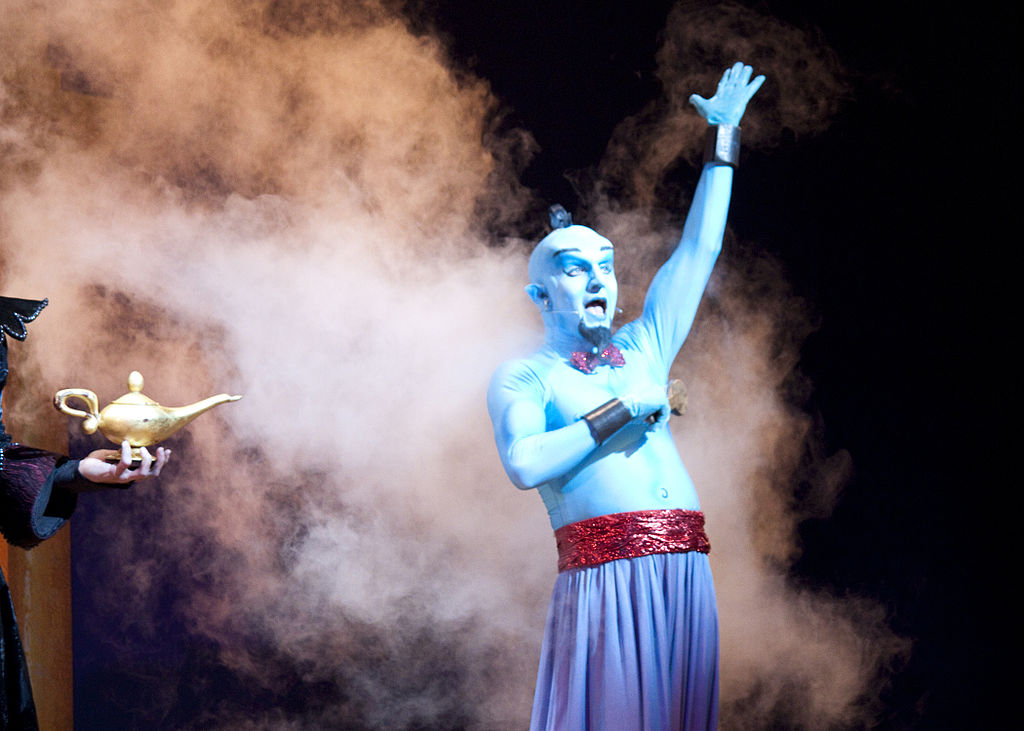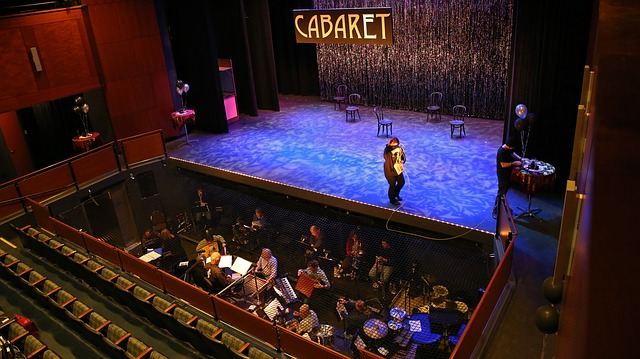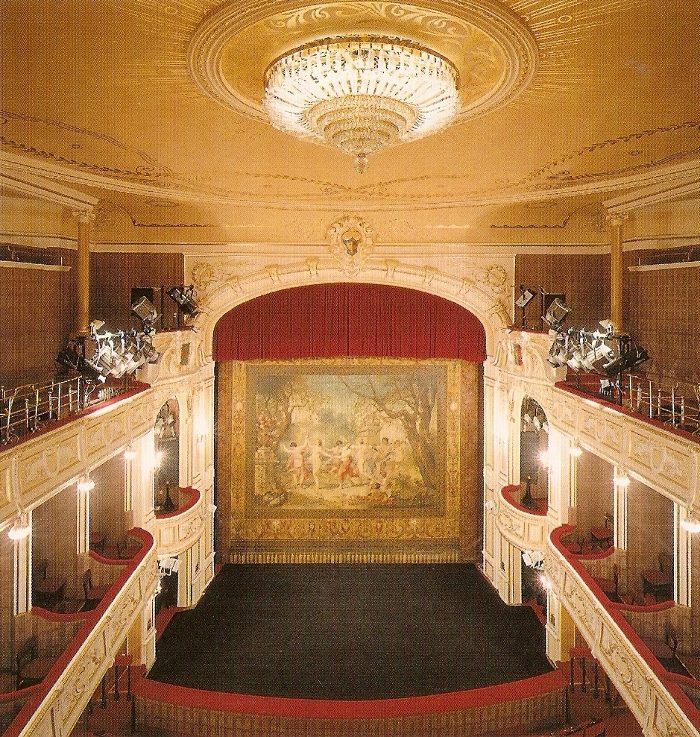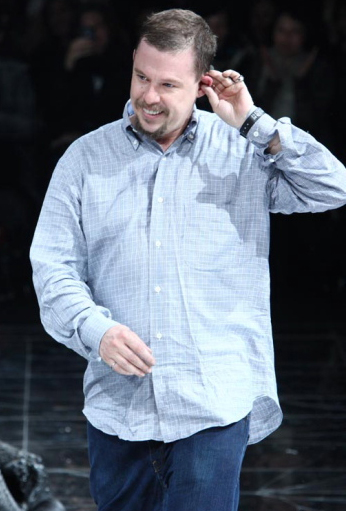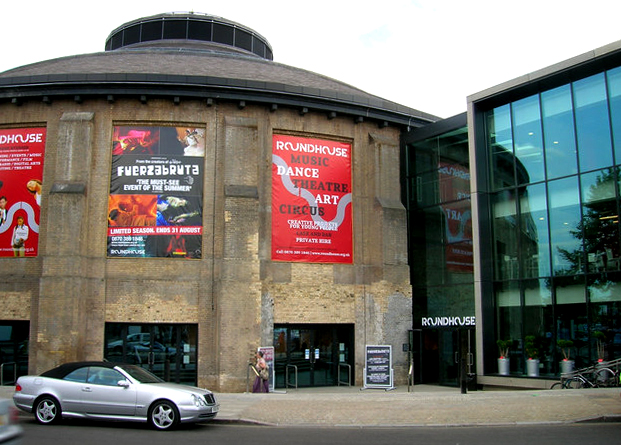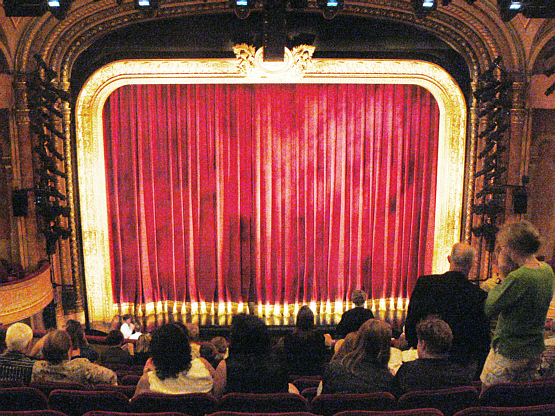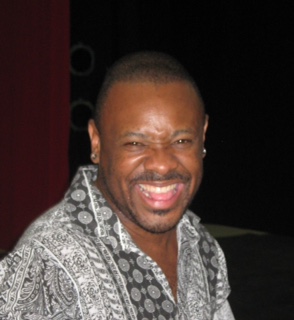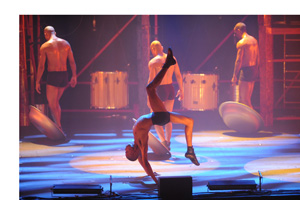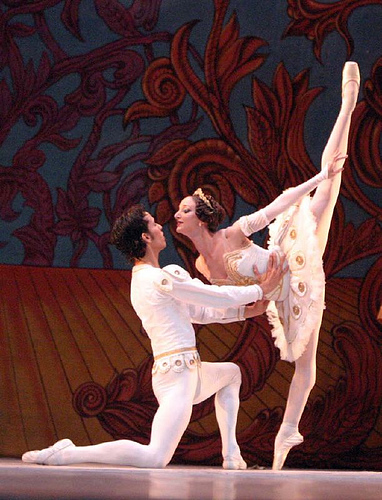 The new desirable for fitness is strength rather than size, an attribute that is easily attached to dancers in their dedication, technique and ability. Like athletes, dancers also need to aid their bodies in recovery, be it from a hard day of rehearsals or trying something new that can make them feel sore.
The new desirable for fitness is strength rather than size, an attribute that is easily attached to dancers in their dedication, technique and ability. Like athletes, dancers also need to aid their bodies in recovery, be it from a hard day of rehearsals or trying something new that can make them feel sore.
Protein significantly aids this recovery. Dancers have slightly higher protein needs than the average non-athletic person, particularly if they are still growing adolescents. However, it is important that the consumption of protein does not take over, because there is such a thing as too much protein: the abundance of it is simply stored by the body in the incorrect way once it has used what it needs.
The body uses protein to build new tissue or for other biological processes, such as muscle building, making hormones, making enzymes and controlling fluid balance. Adequate protein is important, but too much can be harmful. Everyone is a little different, however a suggestion is 12-15% of all the calories you eat throughout a whole day should be comprised of protein, yet this is not a definitive rule which suits everyone. Protein containing foods like beans, seeds, soy, quinoa and animal meats contain different combinations of the amino acids found in protein, and dancers can also receive protein from plant-based sources. Most people with a balanced diet can meet their protein needs through food alone, without supplements, which can be costly and unnecessary.
Diets which have too much protein can mean the body contains excess nitrogen, a part of the protein structure that must be removed and then eliminated from the body. This can be hard on the kidneys and dehydration can occur as more water is passed through the body. High protein diets can also lead to more calcium being lost from the bones, which is naturally a big problem for dancers who are at higher than average risk of injuries such as stress fractures.


